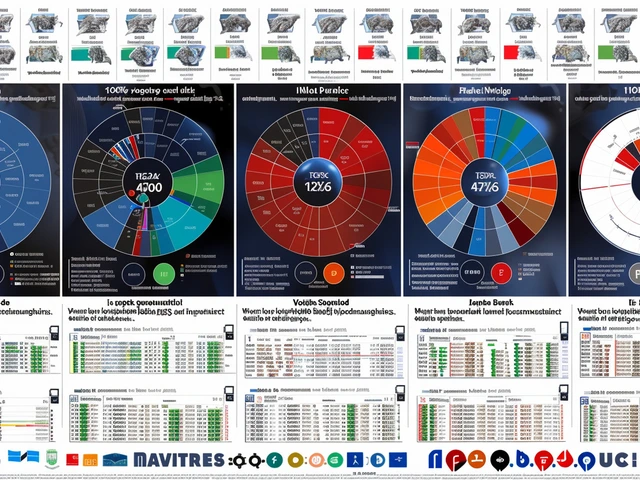Navigating the Complexities of South Africa's Higher Education System
In South Africa, the critical role of the Department of Higher Education and Training (DHET) is more pronounced than ever as the nation grapples with ensuring the effective delivery of post-school education and training (PSET). Significant challenges have arisen that threaten to undermine the system's foundation. The most pressing among these are chronic underfunding, low throughput rates, and an urgent need to expand access to high-quality educational opportunities across the board. The educational landscape, post-apartheid, has been a tapestry of transformation, ambition, and hurdles. While steps have been taken to democratize education and broaden access, the systemic issues faced by the DHET reveal layers of complexity demanding immediate attention.
Challenges in Funding and Access
The numbers paint a stark picture. In 2023, South Africa saw 1.2 million aspiring students apply for higher education, yet the funding only reached 913,000 of them. This gap accentuates the critical issue of inequitable access driven by economic constraints. Financial strain is a tangible hurdle for both students and institutions, as exemplified by the cost of a Bachelor of Arts degree, ranging between 150,000 and 160,000 South African Rand over three years. This financial burden reflects not only on students' shoulders, who often rely on financial aid and student loans, but also on the higher education institutions themselves, which struggle with balancing revenues against surging operational costs.
Operational Costs and Financial Management
Universities in South Africa are encouraged to rethink their financial strategies by reprioritizing their spending and managing operational costs more effectively. Operating within tight budgets, institutions face the challenge of maintaining quality education while revenues do not necessarily keep pace with expenditures. The government, already stretched thin across numerous essential services, finds allocating higher education funding increasingly challenging. Competing priorities such as social welfare and healthcare often overshadow education funding needs. The balancing act grows more daunting, making it imperative for universities to explore innovative financial models and strategies.
Broader Economic Impact and the Role of Government
Former Minister of Higher Education and Innovation, Dr. Blade Nzimande, highlighted the need for broader socioeconomic strategies to address these challenges. It is not just about funding analysis or operational restructuring but a comprehensive approach to addressing systemic inefficiencies. South Africa's expanded unemployment rate stands worryingly at 42.6%, and fiscal indiscipline compounds the issue, with unauthorized expenditures reaching 24.1 billion Rand in 2023. These figures underscore the critical intersection of national economic stability and higher education funding. Addressing educational inefficiencies must go hand in hand with prudent fiscal management and policy reform.
The Role of Universities South Africa and Collaboration
Professor Bismark Tyobeka, Vice-Chancellor and Principal of North-West University, also holds the position of Chairperson of the Funding Strategy Group (FSG) of Universities South Africa (USAf). His insights emphasize the necessity of collaboration among universities, government entities, and society at large to craft solutions that ensure higher education affordability. Universities are called to examine their financial practices critically, moving toward a sustainable future where reliance on government subsidies is reduced. This requires a strategic shift within universities to explore alternative resource mobilization strategies.
The Rapid Growth of TVET Colleges
As South Africa's educational system evolves, the rapid expansion of Technical and Vocational Education and Training (TVET) colleges is both an opportunity and a challenge. On one hand, TVETs offer specialized skills training critical to the workforce. However, questions about their training quality and its alignment with workplace needs are persistent. For DHET, ensuring the appropriateness and relevance of this form of education is paramount. Balancing quality with accessibility, and workplace preparedness with theoretical grounding, requires innovative frameworks and improved curriculum strategies.
Striving for a Balanced Future in Post-School Education
To fulfill its mandate effectively, DHET must navigate these multifaceted challenges with a holistic approach—one that looks beyond immediate fiscal constraints to address systemic problems with innovation and foresight. Crucially, education in South Africa should meet national developmental imperatives, recognizing that the nation's future hinges on its educated youth. Strategic and systemic responses must be coupled with economic policies that integrate education as a critical component of societal advancement. As the challenges of funding and delivery mount, the promise of potential remains untapped, waiting for decisive action to unlock it.






